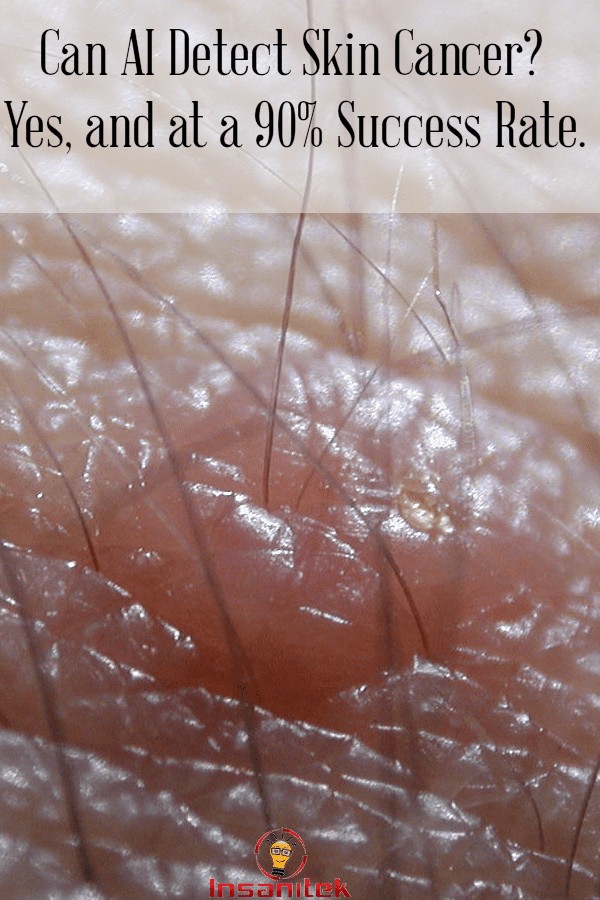 In this day and age, we all have some kind of exposure to artificial intelligence. Take our smartphones, for example, with their built-in smart assistants designed to respond to our every command. But what if someone told you that AI is going above and beyond in the healthcare realm? What if it were possible to use AI to detect anomalies, such as skin cancer?
In this day and age, we all have some kind of exposure to artificial intelligence. Take our smartphones, for example, with their built-in smart assistants designed to respond to our every command. But what if someone told you that AI is going above and beyond in the healthcare realm? What if it were possible to use AI to detect anomalies, such as skin cancer?
This is what some researchers now believe is possible after conducting a recent study. In the end, their research actually suggested that AI may be more capable of detecting skin cancer than the average doctor.
To conduct their study, the scientists taught a computer to detect cancer by showing it 100,000 images of moles, and then compared its performance to a group of 58 dermatologists (Matthews, 2018). In the end, the AI was more effective at diagnosing the most dangerous form of skin cancer, melanoma. On average, the dermatologists correctly identified 86.6 percent of melanomas and 71.3 percent of malignant lesions. AI, in comparison, accurately diagnosed melanoma 95 percent of the time.
“These findings show that deep learning convolutional neural networks (CNNs) are capable of out-performing dermatologists, including extensively trained experts, in the task of detecting melanomas,” said study author Professor Holger Haenssle (European Society for Medical Oncology, 2018).
But should CNNs and AI ultimately replace humans?
“Currently, there is no substitute for a thorough clinical examination,” wrote the authors of the study. “However, 2D and 3D total body photography is able to capture about 90 to 95% of the skin surface and given exponential development of imaging technology we envisage that sooner than later, automated diagnosis will change the diagnostic paradigm in dermatology. Still, there is much more work to be done to implement this exciting technology safely into routine clinical care.”
At home, there are ways you can check for potential skin cancer. Giving yourself a regular examination to check for new, unusual growths is a must (“Skin Cancer Symptoms,” 2018). Looking for changes to existing spots that you find to be suspicious is also a key step in skin cancer prevention. In the event that you notice anything unusual, do not hesitate to contact your primary care physician for more insight into the abnormality. He or she can provide you with more insight into your skin cancer risks, as well as preventative measures.
References
Matthews, Melissa. “Machines are Smarter Than Doctors When it Comes to Spotting Skin Cancer.” Men’s Health. Retrieved June 11, 2018, from https://www.menshealth.com/health/a20956994/skin-cancer-artificial-intelligence-better-than-dermatologists/.
European Society for Medical Oncology. “Man against machine: AI is better than dermatologists at diagnosing skin cancer.” ScienceDaily. Retrieved June 11, 2018, from https://www.sciencedaily.com/releases/2018/05/180528190839.htm.
“Skin cancer symptoms.” Cancer Treatment Centers of America. Retrieved June 11, 2018, from https://www.cancercenter.com/skin-cancer/symptoms/.
